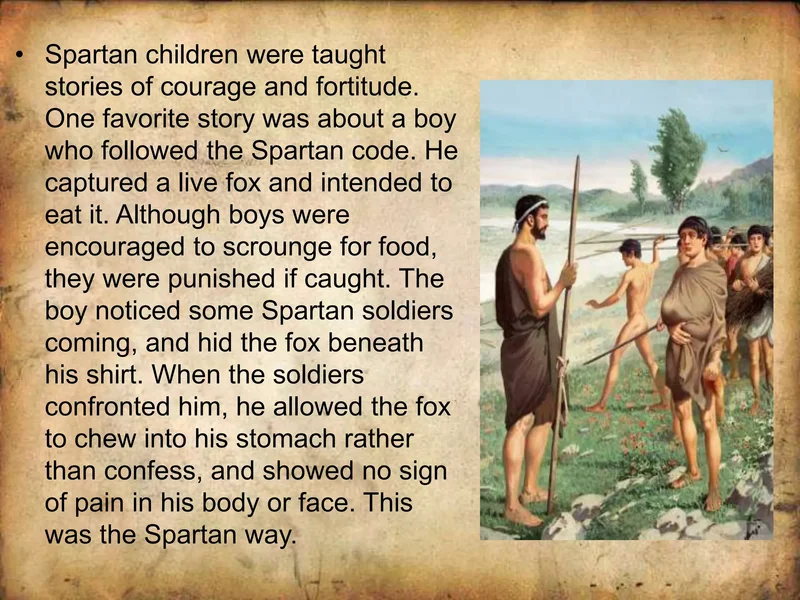@Vida May, when I was in Teachers' College way back in the 1960s, I was taught that the primary purpose of public schools was to transmit cultural values. This is not to say that the three Rs are not important but it is even more important to transmit cultural values to every child.
This is a truism for public education in every country of the world. As a child I was taught about our native birds and animals and our obligation to look after them and their habitat, not that the word habitat was ever used back then. We learned that their home was the bushland and to have respect for it. My father reinforced this message by taking us on bushwalks.
We recited a simple oath of allegiance to the flag, to God and to the King at every assembly, and learned the European version of the settlement and development of Australia. What we did not learn was the cost of settlement for the indigenous people. Back then, while Australia was no longer a colony of Britain, we considered ourselves to be British and we read mostly British story books and dressed like English children. Culturally we were copies of English people set in an Australian landscape.
Then we began to absorb American culture via the movies. Pre WW II we had an Australian film industry, but American film moguls began buying up the movie theatres and our film industry was strangled. We continued to watch British movies but westerns were pretty much standard fare, along with Hollywood musicals and Tarzan movies. Ned Kelly was out and Daniel Boone was in. In effect, three different cultures, British, American and Australian were competing for our hearts and minds.
Australian nationalism began to reassert itself in the years leading up to our bicentennial celebrations. When Britain joined the Common Market and our exports to what we considered to be the Motherland were not wanted any more, people like me had to realise that Australians were no longer British and we had to face the new reality of what it means to be an Australian. This turned out to be a good thing.
Forgive the long ramble, but I wish to make the point that one of the primary purposes of public education is the transmission of national culture. Culture is not fixed nor unchanging, nor should it be. There is no going back to past times. Schools must adapt to current times.


